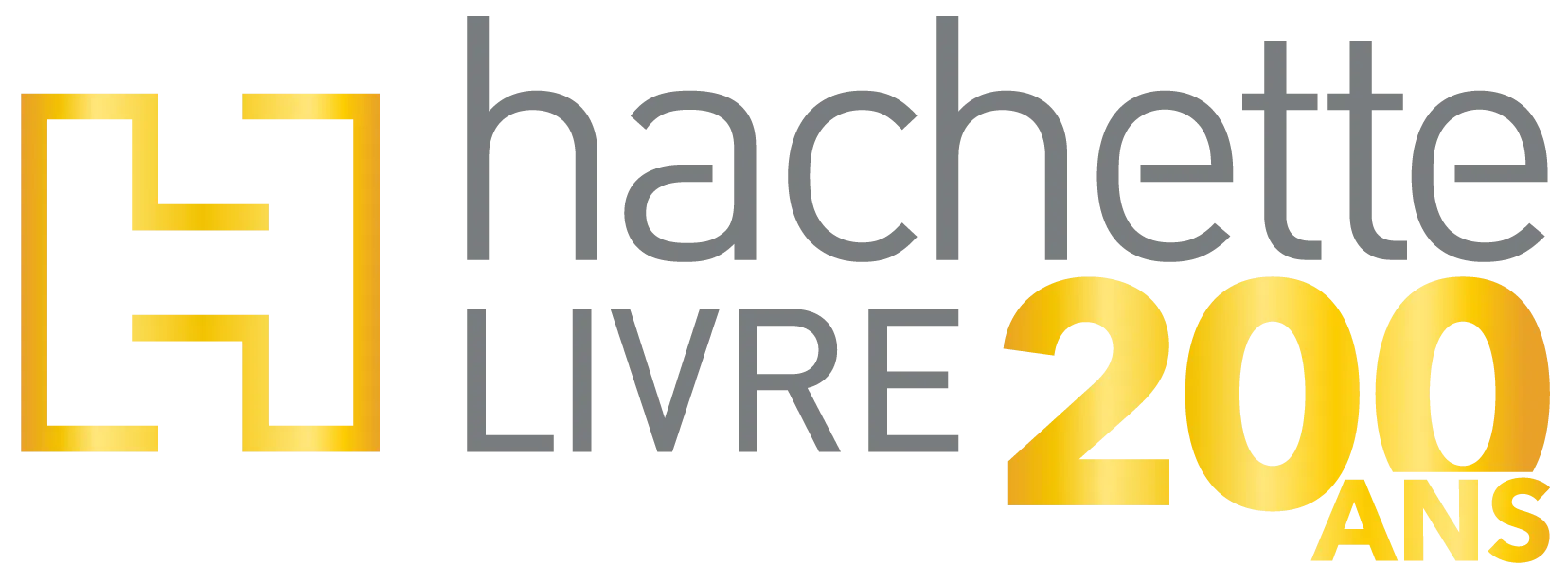Visual, cognitive and motor impairments impede reading for more than 1.7 million people in France. Ensuring everyone has access to reading remains a major societal challenge. This figure is expected to grow as the population ages – by 2050, nearly 30% of the French population will be 65 or older. The European Accessibility Act, an EU directive governing ebooks among other products and services, represents a key milestone on the path to inclusivity.
Inclusive reading through technology
Today, less than 10% of books published each year in France are adapted for people with print disabilities. Legislation passed on 9 March 2023, transposing the European Accessibility Act into French law, aims to remedy the situation by imposing an accessibility requirement for all new ebooks starting on 28 June 2025 and for catalogues of digital titles starting in 2030.
Publishers are urged to opt for natively accessible formats like reflowable EPUB 3, which ensure optimal compatibility with reading assistance tools, and comply with the technical standards of the EU directive.
This marks a major shift for the publishing industry. Hachette Livre has been preparing for several years by building and updating its selection of natively accessible works, alongside the accessible books already published by Group, such as collections for people with DYS difficulties.
Hachette Livre’s ambitious, clearly defined strategy
In preparation for the EU directive coming into effect, Hachette Livre has already undertaken several core initiatives to make its content more accessible:
- More than 11,000 ebooks in French marketed by Group imprints already meet the new accessibility requirements.
- Accessibility metadata are now systematically included across the digital catalogue of mainstream works and textbooks, enabling readers to make informed decisions.
- All new ebooks that are compatible or mainly text-based will be published in a natively accessible version simultaneously with their print release.
- The Group is continuing its research and development efforts to improve the accessibility of works that are heavily illustrated or have a complex layout.
- Lastly, Hachette group publishers are furthering their commitment to adaptations by adding more content to the Platon platform, as part of the exceptional forfeit of royalties for versions adapted for people with disabilities.
These forward-looking efforts carried out by Hachette Livre are part of a sustainable, responsible, inclusive vision for publishing, which prioritizes digital accessibility as a means of providing everyone – regardless of disabilities – full access to the enjoyment of literary works past and present.
